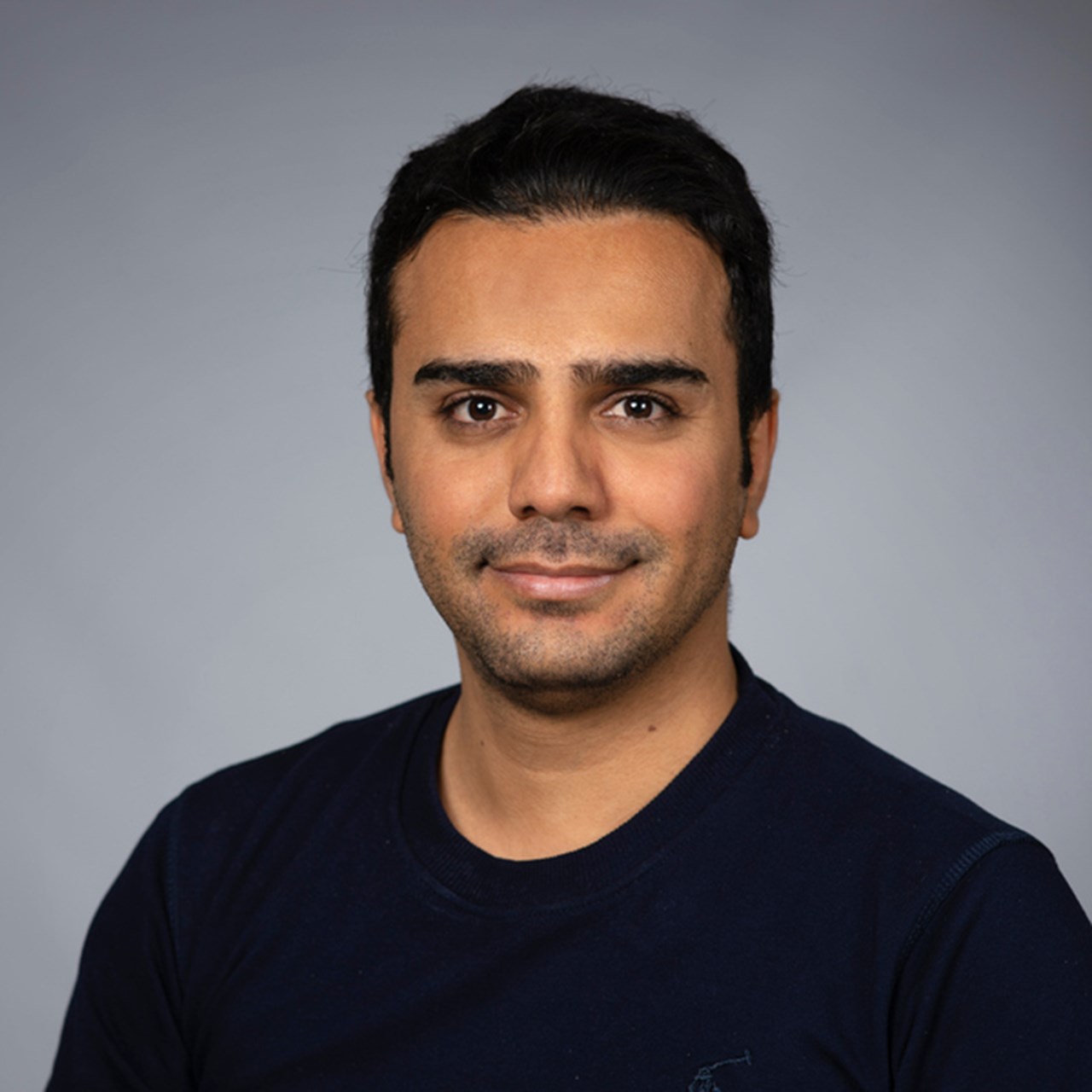About the thesis defence
Ali Rahmanian, Department of Computing Science, Umeå University, defends his thesis entitled Edge Orchestration for Latency-Sensitive Applications on Monday 29 April. The defense will take place at 02.00 pm in Hörsal UB.A.240 – Lindellhallen 4. The faculty opponent is Professor Ada Gavrilovska from Georgia Institute of Technology, Atlanta, GA, USA.



